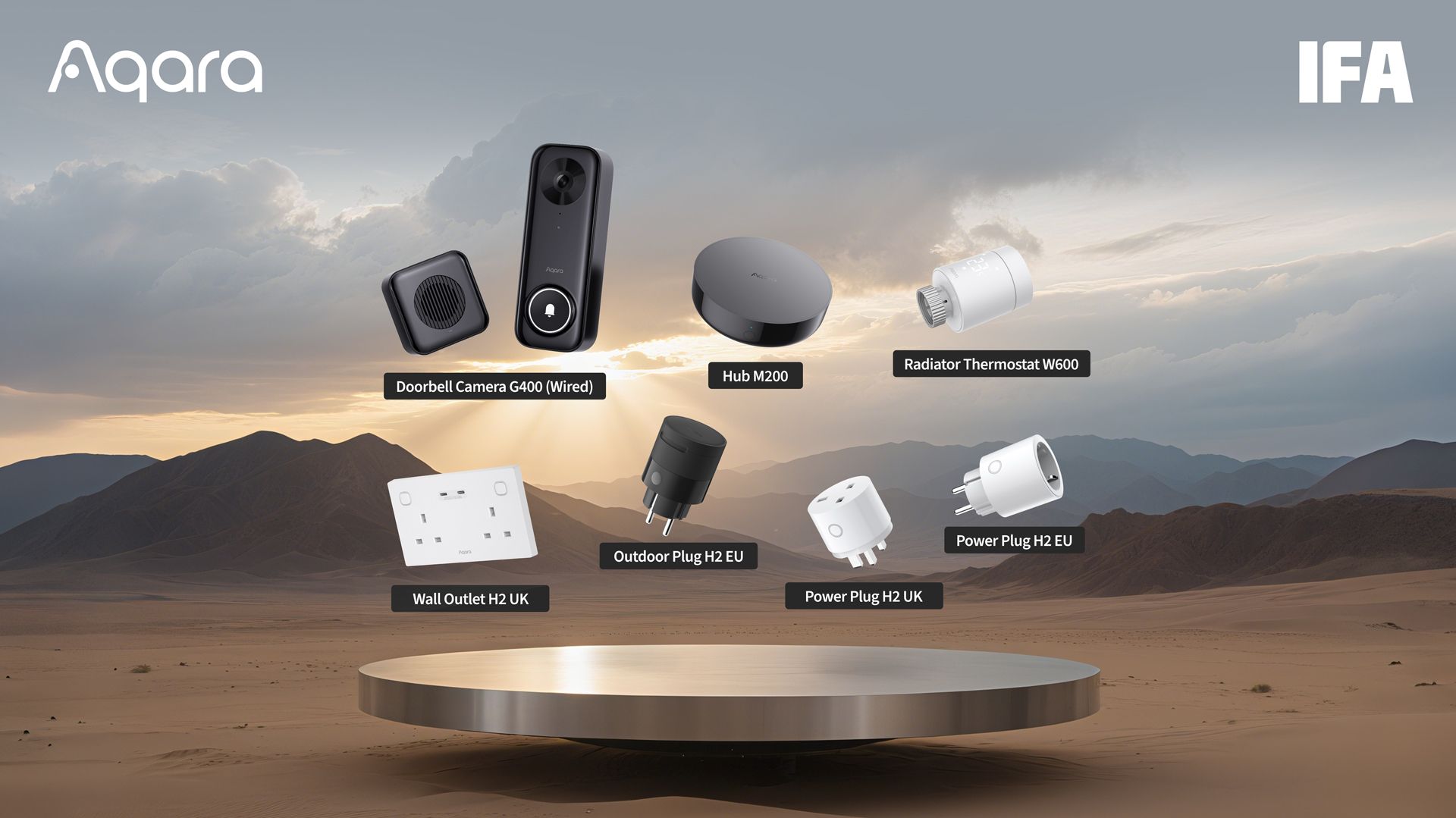Reolink just unveiled a game-changing security camera at IFA 2025 that could reshape the home security market. The TrackFlex Floodlight WiFi delivers 360-degree tracking with built-in AI video search—all processed locally without subscription fees, directly challenging the cloud-dependent business models that have dominated the industry.
Reolink is making a bold play against the subscription economy that's taken over home security. The company's new TrackFlex Floodlight WiFi, announced at IFA 2025, packs sophisticated AI-powered video search directly into the device—no monthly fees required.
The timing couldn't be more strategic. While competitors like Ring and Nest have built their business models around cloud subscriptions, Reolink is betting consumers are ready for a different approach. The TrackFlex processes everything locally with 512GB of onboard storage, letting users search through footage without sending data to external servers or paying recurring fees.
The hardware specs back up this ambitious positioning. The dual-lens system captures 4K video with both wide-angle and telephoto options, while pan-tilt controls provide complete 360-degree coverage. The standout feature is 270-degree "out-of-field" motion detection—the camera can actually rotate to capture movement before subjects enter the current frame, according to Reolink's technical specifications.
[embedded image]
Lighting has received equal attention. The dual adjustable floodlights pump out up to 3000 lumens and offer customizable color temperatures, letting homeowners balance security needs with aesthetic preferences. The system integrates Wi-Fi 6 connectivity alongside smart home platforms, customizable voice alerts, and a 110dB deterrent siren.
Industry observers are watching this launch closely. The security camera market has increasingly shifted toward subscription models, with basic cloud storage and AI features locked behind monthly paywalls. Ring's Protect plans start at $4.99 monthly, while Google's Nest Aware costs $8 monthly for similar AI-powered video search capabilities.
"Most rival products provide similar video search capabilities through the cloud, and charge a subscription to do so," notes The Verge's coverage of the announcement. appears to be "bucking the trend" with local processing.




